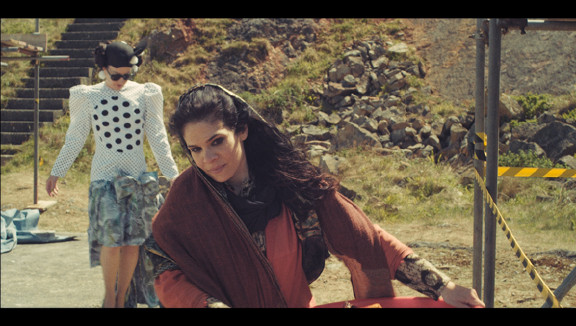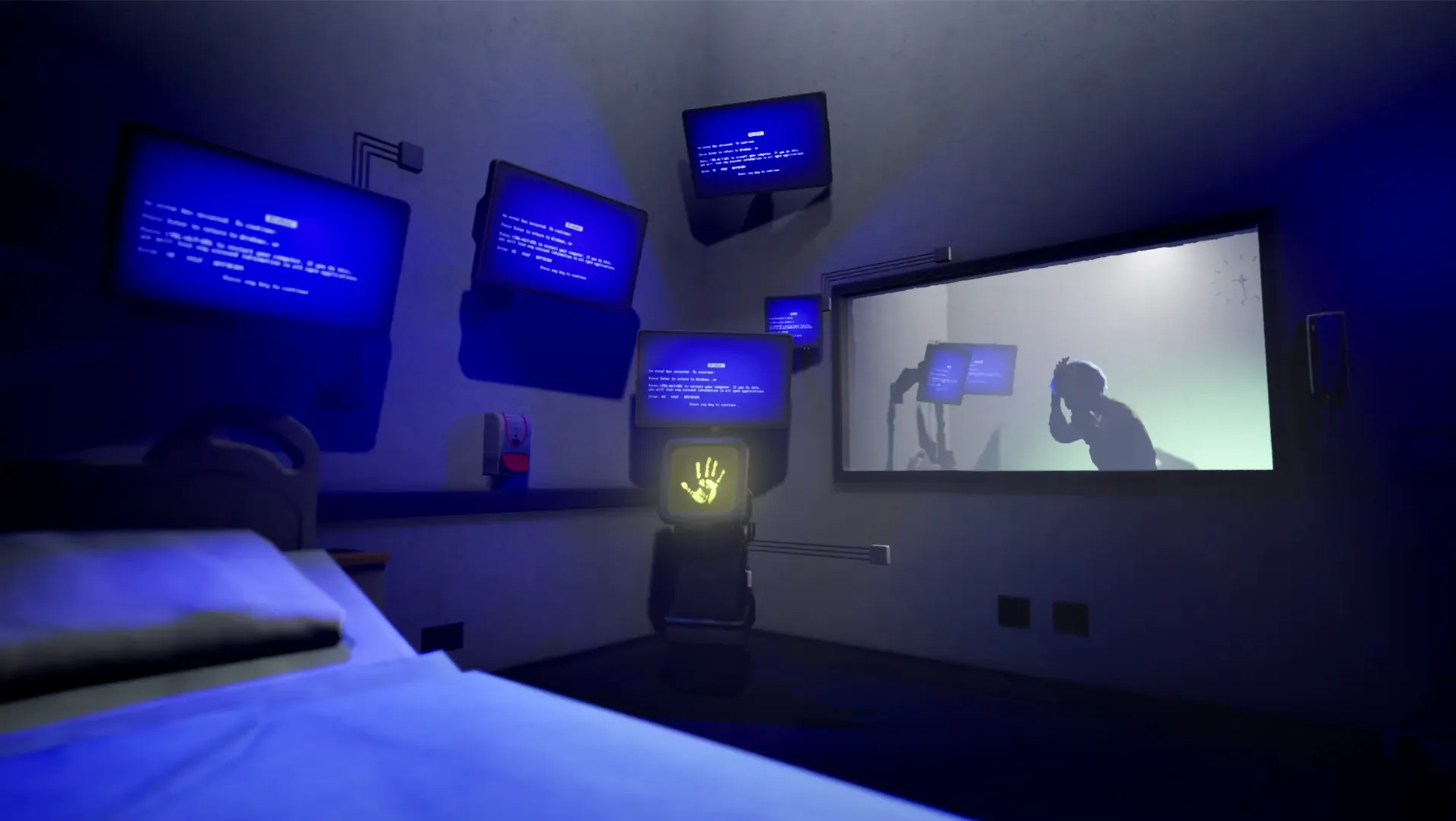Game Keepers Without Game
Synopsis
Details
- Year
- 2010
- Type of project
- Features
- Running time
- 87 mins
- Format
- 16mm
- Director
-
Emily Wardill 1st Feature
- Producer
- Tom Dingle
- Editor
- Emily Wardill
- Director of Photography
- Tim Sidell
- Sound
- Dominic Fitzgerald
- Composer
- Jamie Gomez
- Principal cast
- Chloe Wilson, Holli Dempsey, Marco Aponte, Julia Dagger, Glenn Conroy, Akhram Girmay, Alison Girmay
Genre
Categories
Production Status
Production Company
Tom Dingle
Page updates
This page was last updated on 12th May 2025. Please let us know if we need to make any amendments or request edit access by clicking below.
See also
You may also be interested in other relevant projects in the database.
 Fulll Firearms
Fulll Firearms
Director: Emily Wardill
Year: 2011
Based on the life of Sarah Winchester and the Winchester Mystery House, Fulll Firearms presents the story of Imelda, a woman haunted by the victims of the guns sold in her father’s company. She uses her inheritance to work with an architect who builds a house for these ghosts. When a group of people squat her half finished building Imelda is convinced that they are the ghosts that she expected. The narrative touches upon themes of displacement and storytelling, and stands in the tradition of melodrama. The characters find themselves constantly having to adjust their expectations of each other so that they might be able to communicate within each other’s logic. In her films, Emily Wardill creates situations that examine conditions of precarity in society and how these affect people’s relationships with each other. Her films are fostered by improvisations and workshop sessions, that are set up by the artist to develop themes and characters in a collaborative manner. “The house in the film produces an echo, because those who occupy it articulate their voices in relation to the making and writing of a history. Tracing the echoes of actions through the production of social spaces does not remain solely within the diegesis of the film. Instead, it extends to the exchange initiated by Wardill with her collaborators as they produce a film together, and also attempt to implicate the viewer in a film that is also a body – one that is constantly living and growing.” - Jacob Korczynski, 2011
 The Baby Factory is Closed
The Baby Factory is Closed
Director: Deepa Mann-Kler
Year: 2026
A 20-minute single-player immersive VR experience that places users inside the body of Zoraan, a British-born Sikh woman navigating menopause amidst climate collapse and the ruins of colonial medicine. You breathe with her. You scream with her. You dance your way out of sedation. Blending real-time visuals, bio-haptic feedback and diasporic sound, this work reframes menopause not as decline but as volatile power; closing ‘The Baby Factory’ to ignite a cultural revolution. Using gesture, voice and biometric feedback, audiences become co-conspirators in a volatile act of embodied rebellion. This is not a metaphor. This is an insurgency. Official Selection SXSW 2026 - XR Competition - World premiere
 Chokehold
Chokehold
Director: Christopher Bevan
Year: 2026
In a desperate attempt to escape his troubled home life, a young teenage boy runs away to seek out his estranged father, a once-famed professional wrestler.